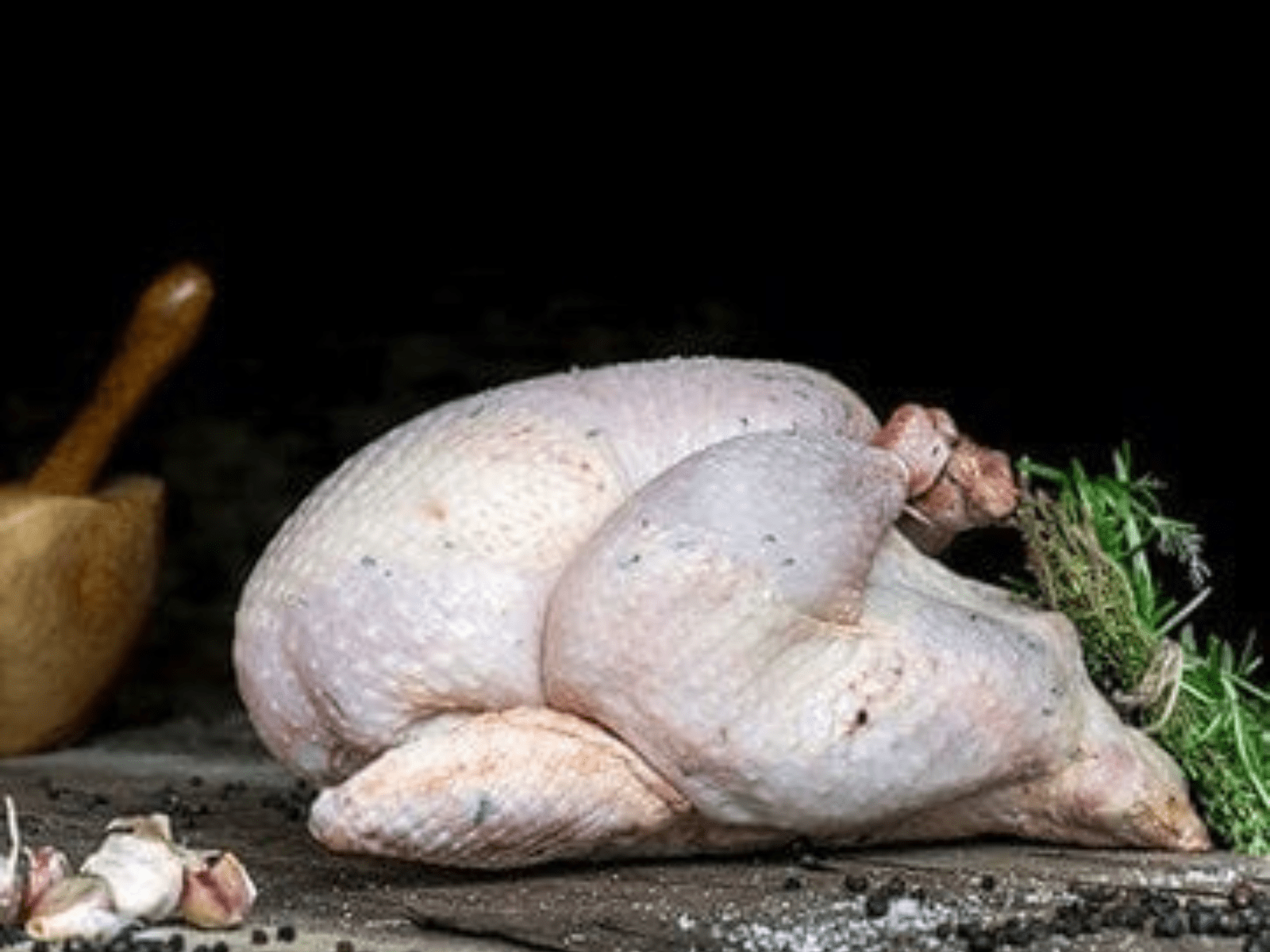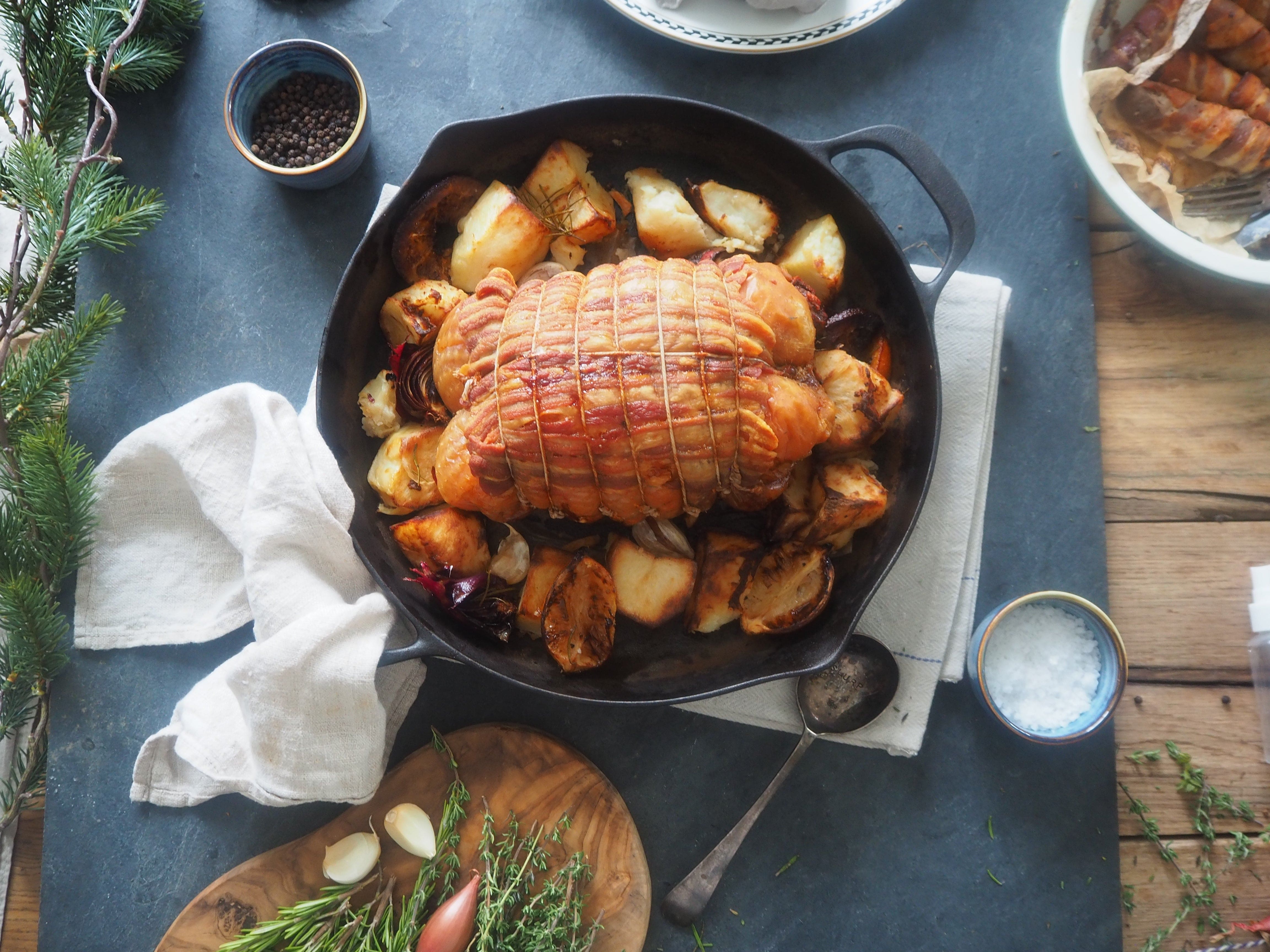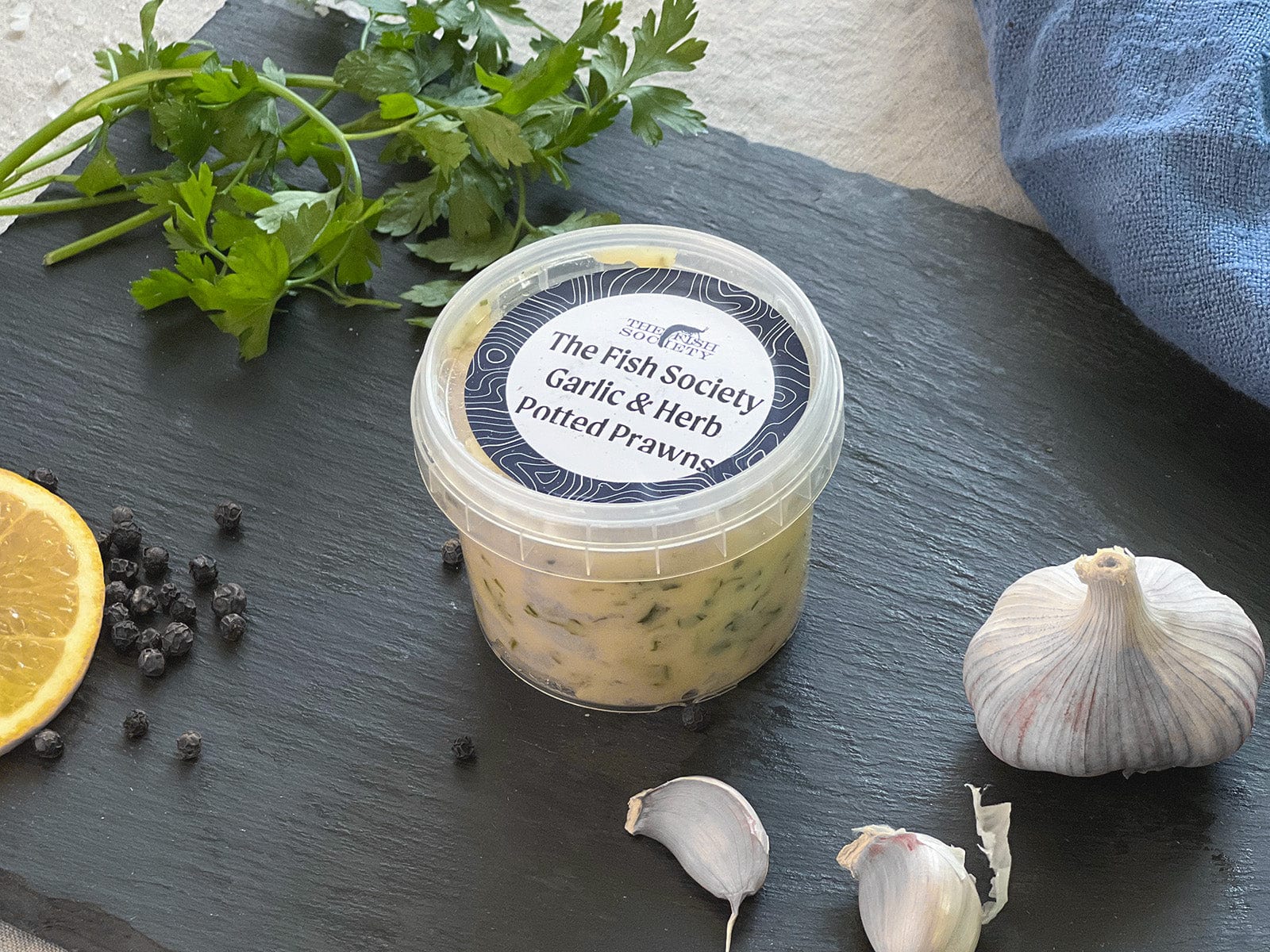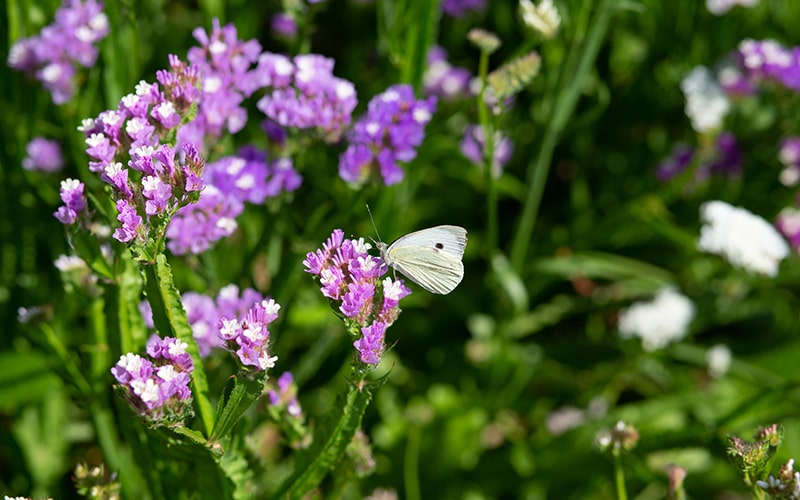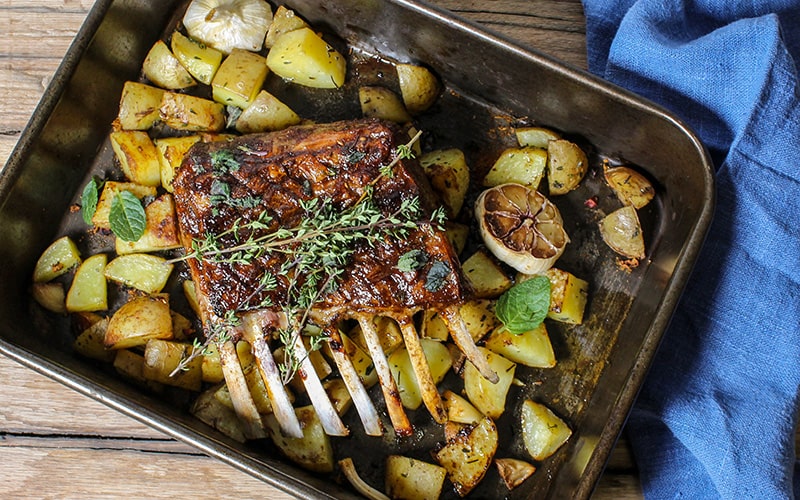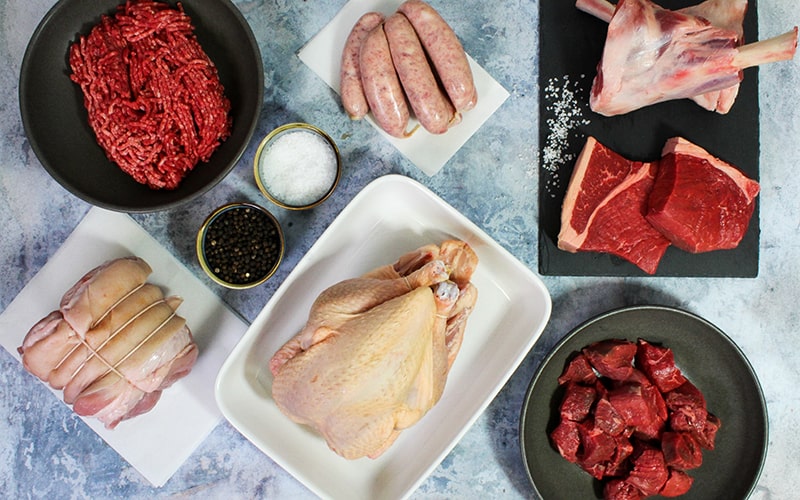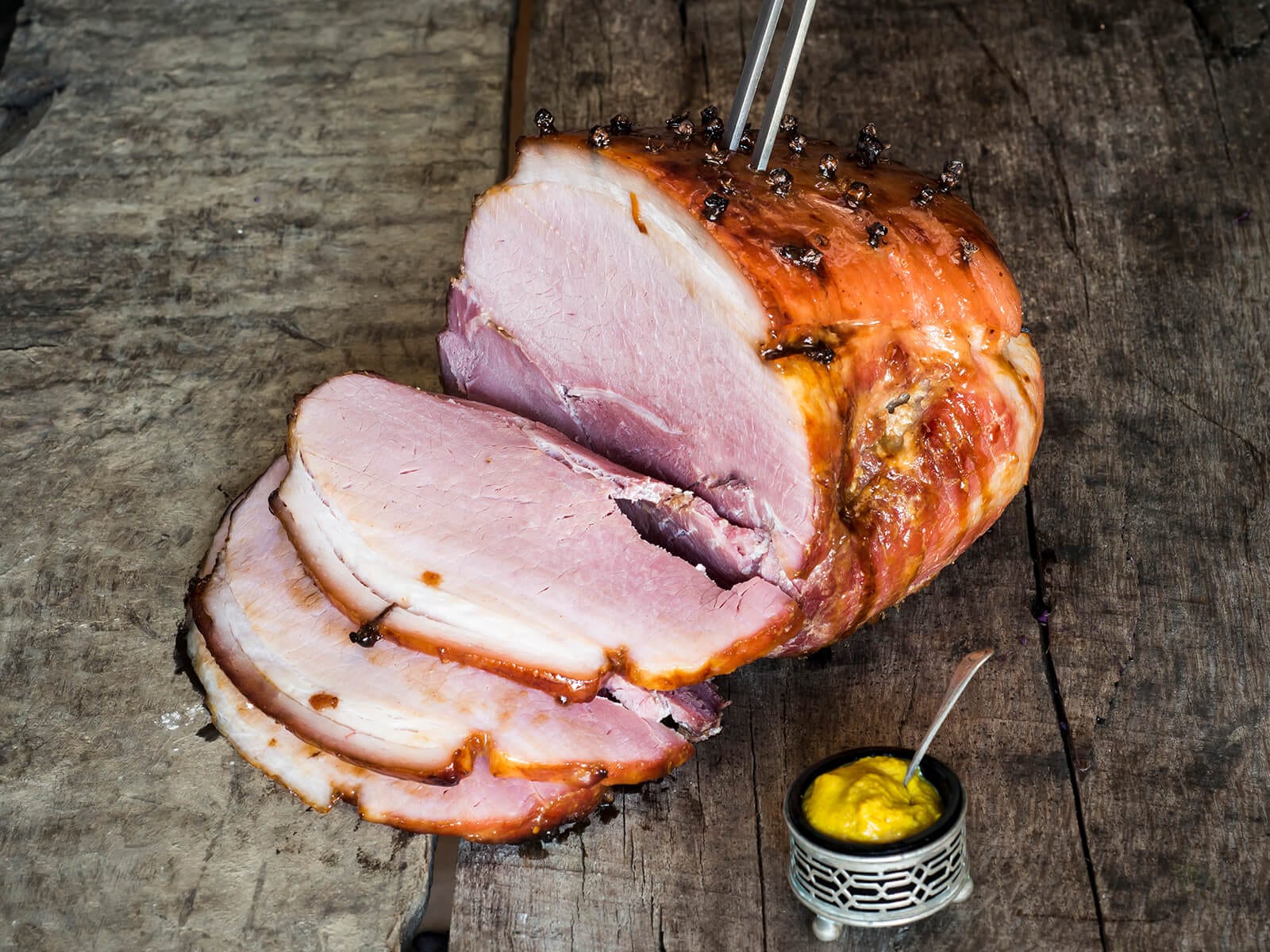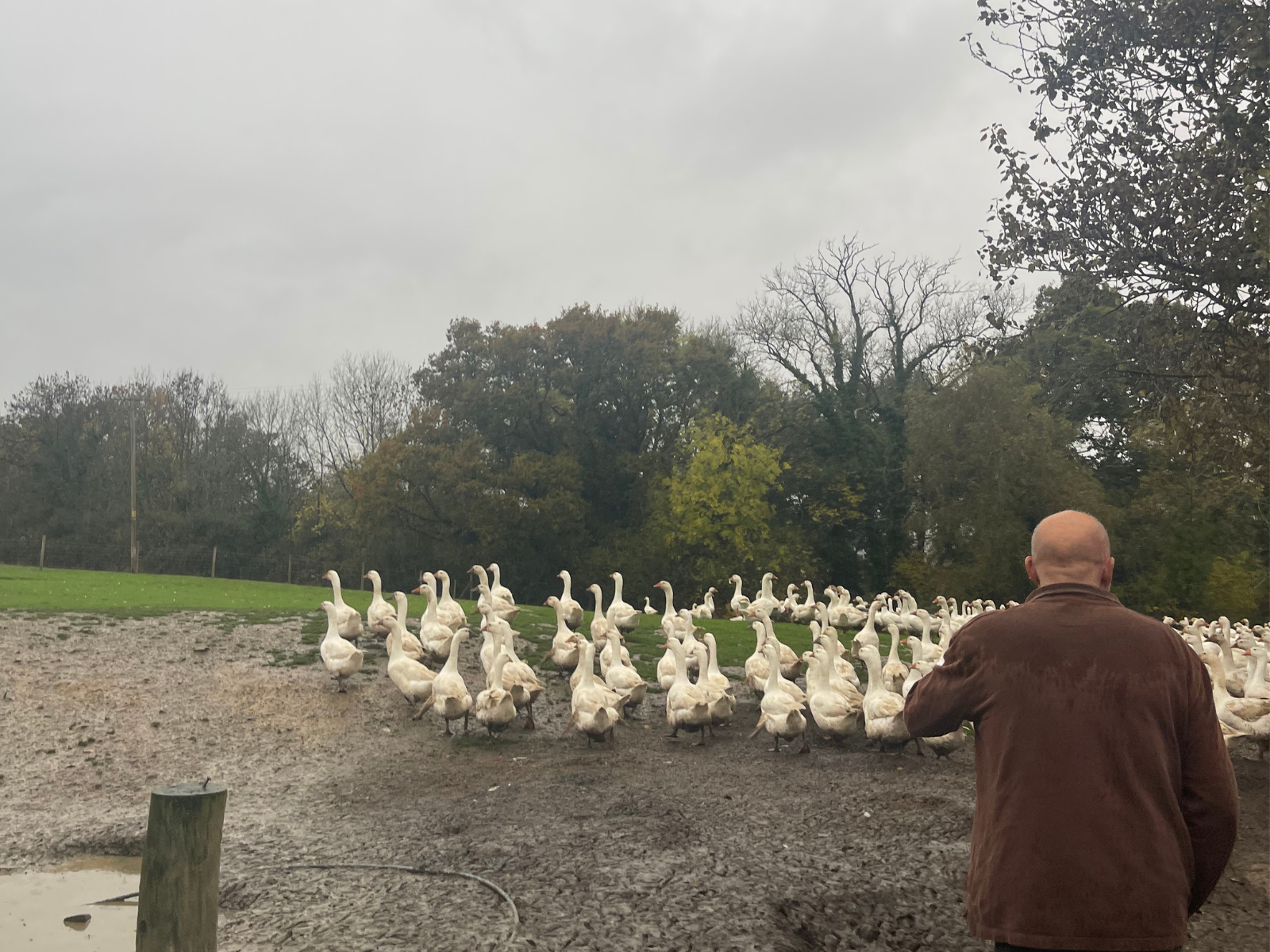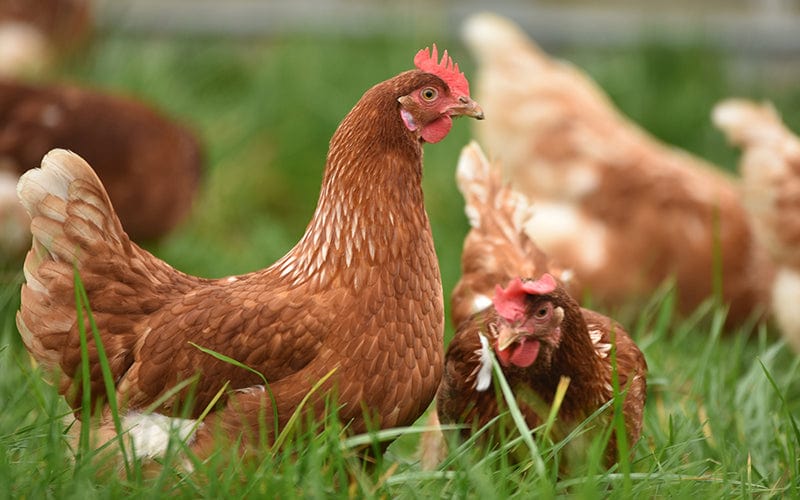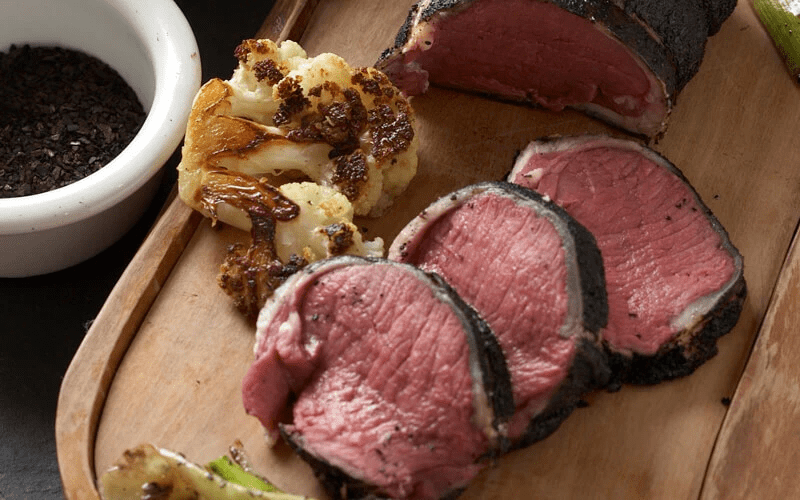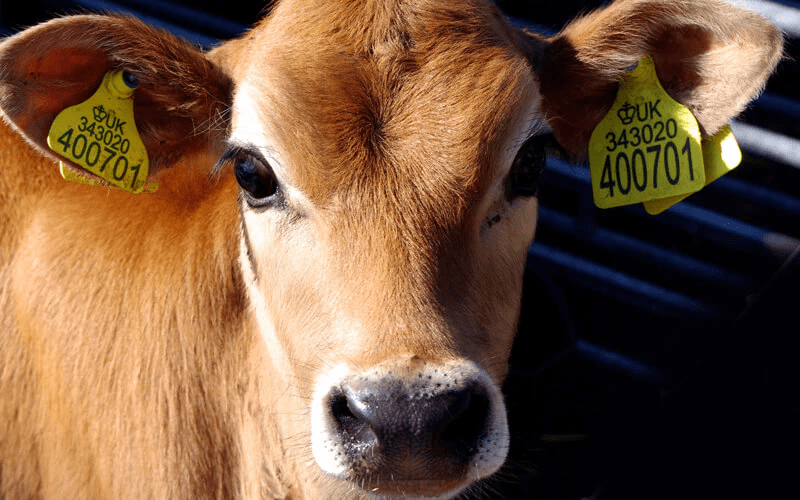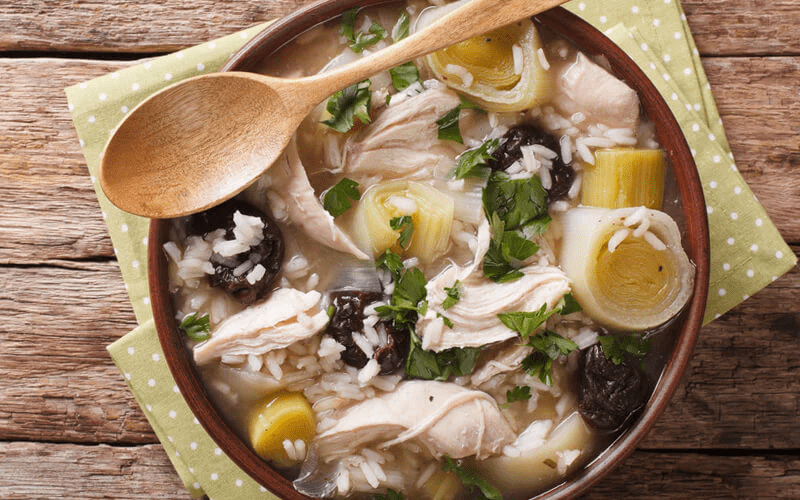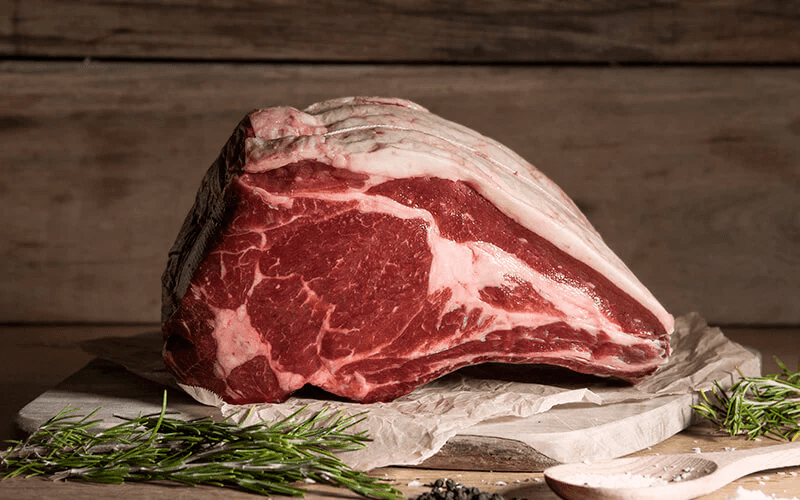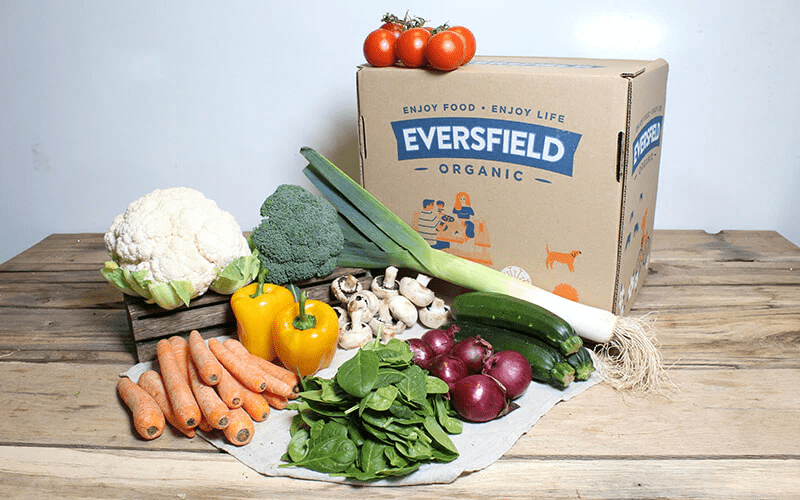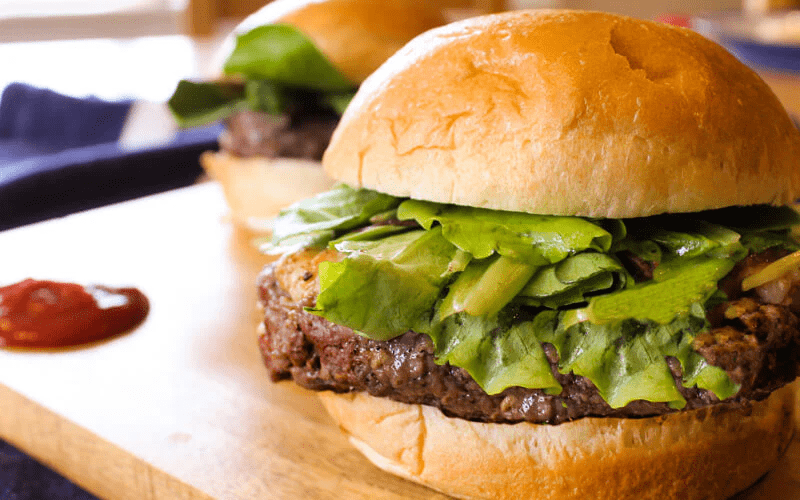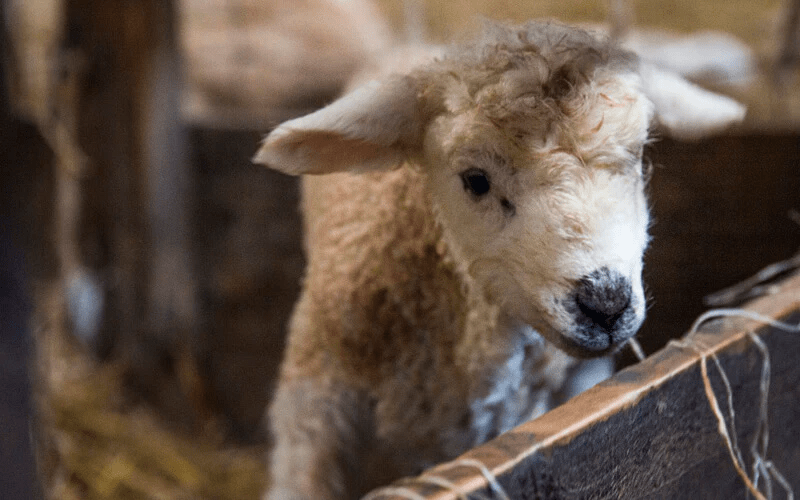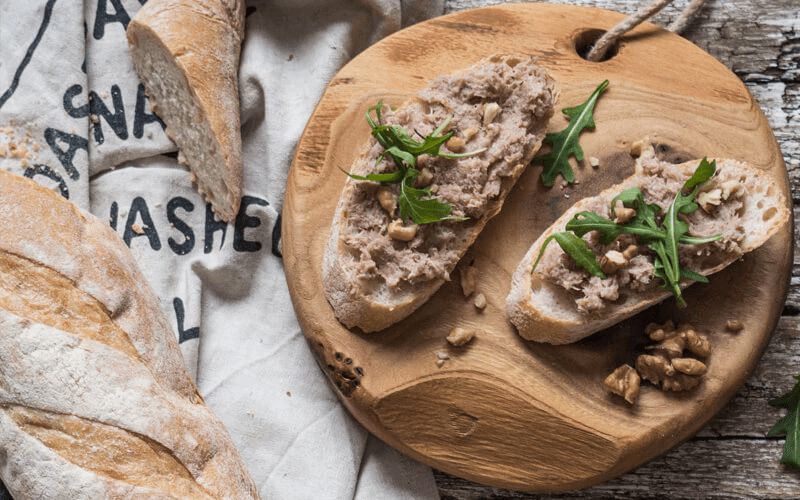Wildlife on Organic Farms
The Third Instalment in our Organic September Newsbeet Article Series
So far on our Organic September journey, we’ve covered how organic farms and producers help to combat climate change and how certified organic farms have the highest standard of animal welfare. In this Field Notes Article, we’re moving on to how organic farming methods can help to improve wildlife and biodiversity, leading to an abundance of positive offshoots. This next topic continues to emphasise the work organic does to protect nature, wildlife and the planet.
Why is Wildlife Important?
We may not realise at first, but all living creatures play an important part in our ecosystem. Even the smallest of insects can make a big difference, from pollinating plants to enriching soil. Since 1970, over 40% of insect species have declined in Britain and a third are endangered. Although mammals, birds and reptiles are also declining, we’re losing insects at a rate of 8 times faster which equates to a loss of 2.5% of the world’s insects a year. What is causing a loss of wildlife in the UK? Intensive farming has been identified as one of the primary drivers of wildlife decline, mainly due to the heavy use of artificial pesticides.
We need insects to pollinate the crops we depend so much on to feed the world. Over 70% of commercial crops rely on pollinators. That’s three quarters of food crops and 1 in 3 mouthfuls of food. Without pollinators, we wouldn’t have potatoes, strawberries, tomatoes, coffee, chocolate or even the cotton needed to make our clothes. Bees are important pollinators (read about the importance of Honey Bees here), but other pollinators such as flies, beetles, moths, butterflies, wasps, ants, birds and even bats are equally vital. These creatures transfer the nectar from plant to plant, allowing for fertilisation and production of fruits and seeds.

How Organic Helps
Research shows that on organic farms, wildlife (that’s including plants, insects and birds) is 50% more abundant, with over 75% more wild bees. Organic farming relies on healthy ecosystems to control pests and protect soils, encouraging wildlife and letting nature take over. Planting trees, creating ‘beetle banks’, higher wildflower margins and digging ponds all allow for a more ecologically diverse wildlife haven.
There’s over 30% more species on organic farms, mostly thanks to the large reduction in pesticide use. The restricted use of pesticides on Soil Association certified organic farms could slow or even begin to reverse the decline of insects, should more traditional farms make the switch. The diverse range of microbes in the soil of organic farms help crops to grow without the use of artificial fertilisers, sustaining a healthy ecosystem. Organic farms also provide cleaner water for wildlife, as less pollution fills the surrounding rivers and waterways.
Native Wildlife
Back on the Eversfield Organic Farm, we’re always trying to boost wildlife and biodiversity with our organic farming methods. We started by replanting trees and miles of hedgerow, supporting wildflowers and shrubs. We’ve dug ponds and, thanks to our organic systems, we’ve naturally cleaned the river and lake on the farm.
Our Market Garden plant crops specifically for the benefit of our little pollinator friends, with their flowering plants attracting pollinating bees, butterflies, beetles and more. Plus, our rotational grazing system (also known as mob grazing) ensures our grass stays long enough to provide shelter for animals such as frogs, newts, hedgehogs and lizards.
Even if we could, we don’t need to use artificial fertilisers as our lovely herd of Aberdeen Angus heritage cattle do the job for us. The herd also play a key role in the closed loop system, keeping the soil fertile, crops growing and wildlife protected in the Eversfield Organic circle of life. The hard work put in from every single living being in our holistic system is reflected in the end product – delicious organic vegetables bursting with nutrients and beautifully marbled organic meat with an unbeatable taste and texture.

Eating Better, an organisation working to help people eat less but better meat, used Eversfield Organic as a case study for their new video Producing Better. The video is a great tool for hearing and seeing the difference that organic can make to wildlife.
By shopping organic, you’re helping to work with nature and restore a healthy planet. To really taste the difference, add a premium cut of our organic meat to your next online organic grocery delivery. We’d recommend our 28 Day Dry Aged Beef Topside (find out why here) or for a touch of luxury, try our 28 Day Dry Aged Beef Rib On The Bone – both are the perfect roasting joints as we head into autumn. You can also head to our Farm Shops in Tavistock and Totnes, plus the Dartmoor Inn, Merrivale, to try our organic vegetables, grown here on the Eversfield Organic Farm.




